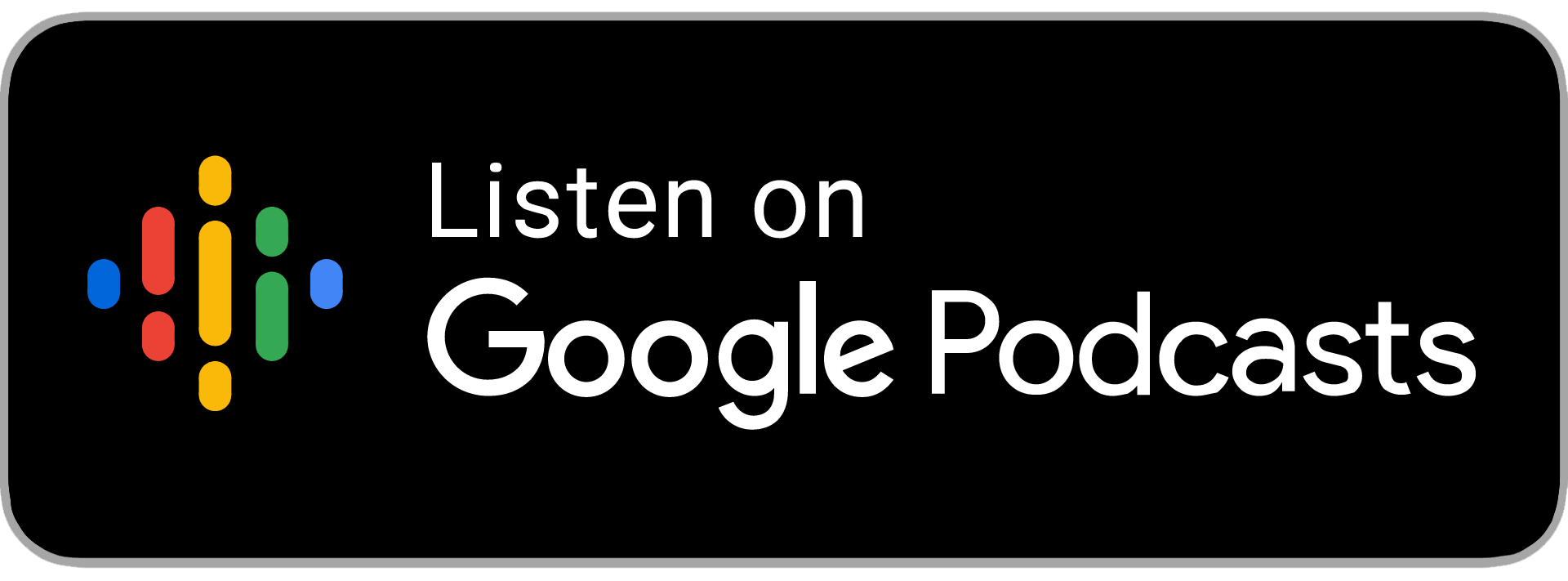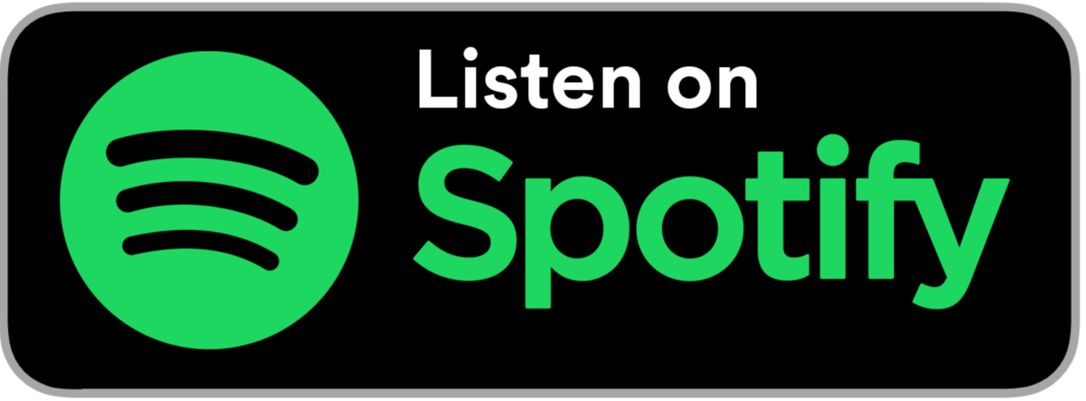Able-bodied Brands Podcast and Transcript
Able-bodied Brands Podcast and Transcript
Marketing Insights Podcast
April 10, 2023
Transcript:
Hi, this is Shanita Akintonde, educator, author, career coach, and marketing shero. I invite you to join me for this very special edition of my Marketing Insights podcast series entitled Able-Bodied, aka AB brands.
Hey, marketing maestros. I'm back. Did you miss me? Aw, I miss y'all too. As it turns out, I've been a busy, busy bunny, traveling, speaking, sitting on panels, and delivering video interviews over the past eight weeks or so, with several more of these types of opportunities on the horizon. If you're interested in finding out how you can join in on my marketing adventures, follow me on LinkedIn at Professor Shanita Akintonde. That's Professor S-H-A-N-I-T-A A-K-I-N-T-O-N-D-E. Be sure to bring buckets of popcorn, plenty of teacups. I like the pretty ones. And your marketing travel pants.
Speaking of teacups and bunnies, spring is ready to be sprung with more flower bulbs and bunny face bun buns than any of us can handle. I, for one, love spring, especially Easter, because that's when I focus on all things excellent. Get it? Easter, excellent?
Now, let's turn to something else that is excellent, my Marketing Insights podcast episodes. In this special edition, I am going to focus on brands that are doing something excellent in an off overlooked category. As you may know, in addition to providing clients advice via my branding and marketing prowess, I'm also a diversity, equity, and inclusion expert who advises clients in that capacity as well. During one of my recent deep research dumpster dives, I pulled together seemingly disparate tenants that began to form my framing for this podcast. For those who've been with me on my podcast pod for a while, you are already privy. But for the neophyte listeners, all of the thousands and thousands of you, I'm so happy that my episode numbers are in the double digits now, y'all.
Allow me to clue you in. Each of my marketing insights episodes is 50% research, 50% time-tested experience, and 100% creative visionary insight. I keep my eyes on the sky and my ears to the ground to observe what brand leaders and losers are doing to keep current trends and strategic insights in their minds. I pay attention to businesses that are progressive pioneers, the ones that pay it forward and set their own rules. The trailblazers that throw caution to the wind, right along with the good advice of just about everybody, except those who matter, like me, the kind of able-bodied, aka AB brands, who convo with consumers in ways that are reminiscent of the words espoused by those two great philosophers, ludicrous and Shauna, and their hit stand up.
When I move, you move, just like that. When I move, you move, just like that. When I move, you move. Heck yeah AB Brands bring that back, which causes cash registers and cash apps to ring, bring a bring bring, a rat tat tat, or something like that.
For this special edition of my Marketing Insights podcast series, we will examine able-bodied brands, the type of entities that focus on customers whose physical abilities may be hindered in some way, but whose mental capacity is at 150%, the type of consumers whose societal contributions should not be measured by how high they can jump, how far they can see, how long they can sit, or how much they look like you or me, but what their right to be seen as full-bodied individuals with the same abilities of discernment as everyone else. Able-bodied brands, aka A and B, focus on consumer segments who may be hearing impaired, site impaired, or impaired physically in some way. The topic is not about pandering, however. It's purposeful. After listening to this podcast, let's show the marketing world what can happen when you open your eyes, ears, and hearts, and truly listen to the murmurings of consumers heartbeats.
Able-bodied brands are deliberate. They connect with audiences with purpose and in a palpable manner. Much like I discussed in my previous podcast called Brands that Take a Stand. AB brands don't hide behind rainbows, and flowers, and bows, though they do enjoy bun buns. They are change agents who understand to stand for nothing means to fall for anything.
Up next are three brands that don't just support people with disabilities. They lock arms alongside their personal journey, which should be recognized and respected. And before I share these brands with you, marketing maestros, let me take a pause for the cause and interject a little personal insight as to why I chose this topic for this podcast.
I know that under the umbrella of diversity, equity, and inclusion, this group, as I said at the beginning, is often overlooked or not even a part of the conversation. I don't think it's because people are ill-intentioned always, or that they are perhaps intentionally not having these types of conversations. What my research has shown me is that a lot of times people just don't even think about this consumer group. I think that's the case in a lot of this topic. When I talk about the way that brands and marketing leaders can be better in these spaces. My job is to help bring to light, to help illuminate and amplify some of the voices that are not being heard because they're not even being thought about in the first place.
And so, when you leave each and every one of these podcasts with me, Shanita Akintonde, marketing coach shero, and all the titles I give you at the onset of the podcast, what I really want you to see me as your guiding light to illuminate your path as a marketer to help you see better, to help you see clearer and to help you be better at what you're doing in your spaces. So tune into these podcasts, continue to give me your topics of interest, reach out to me on LinkedIn, let me know what and how you feel about what I'm sharing with you because that's the way this will continue.
Okay, back to this podcast, Able-Bodied Brands, and here are the top three on my list. Number one, Starbucks. According to an article entitled Six Brands That Support People with Disabilities, written by Carolyn Dinnall on March 4th, 2020, that appeared on a website called Society Socks, which is an organization that prides itself on giving back via fun foot attire, not from punching folks, y'all. Get it? Socks? Starbucks is giving back in another way. In October 2018, Starbucks opened its first sign language store in the state of Washington. All employees of this historic coffee house are fluent in American sign language and from the clothes to the customer service, not only is Starbucks serving caramel macchiatos with extra mocha, they make sure it's not too hot so that no one choke us, including the death or hard of hearing consumers. Death and hard of hearing employees wear [inaudible 00:09:25] and pins that indicate they have the ability to sign with the former spelling out the word Starbucks in American sign language on its surface. For those who want to learn or improve their American sign language skills, digital devices are available for use to communicate with staff in the store.
Next up, number two is Procter and Gamble, aka P&G. Procter and Gamble is a regular on my podcast Pontifications About DEI. I've talked about brands like Tide, Colgate, and others in past podcasts. Go back and take a listen. In this special edition of my Marketing Insights podcast, Able-Bodied ie AB Brands, another P&G product makes the leaderboard. That product is... Wait for it. Herbal Essence. Herbal Essence's work in the hair care category. And inclusion space specifically is to address a gap in their ability to improve the tresses of the visually impaired. Herbal Essence became the first major hair care brand in North America to introduce an inclusive bottle design for people with little to no vision. Sumaira Latif, a consultant for inclusive design at Procter and Gamble, inspired and led its implementation. She, herself, is blonde.
Specific steps taken by Herbal essence includes altered bottle design for the traditional P&G shampoos and conditioners, additional of tactile indentations that help users tell the difference between the two products, and as the original configuration both shared the same bottle structure, that was a really, really important point. For consumers who have issues with visual impairment but don't know braille, they can also feel the altered packaging. In the digital world, herbal Essence has developed the Be My Eyes app. The app uses the Alexa audio assistance feature to inform shoppers of all available herbal Essence products in the market. For example, a customer can ask a question like, "Alexa, what Herbal Essence shampoo is good for straight hair?" The app also connects blind and slightly vision impaired people with cited volunteers available through live video calls.
Number three, MasterCard. Unlike Starbucks and P&G, both of whom have made numerous guest appearances in Shanita Akintonde's podcast, Playhouse, particularly about diversity, equity, and inclusion, this is MasterCard's first appearance. What an appropriate setup for what appears to be one of the most impressive approaches taken by a brand to marry innovation and inclusion, particularly for the slightly site impaired consumer. There are a reported 2.2 billion people, that's with a B, y'all, around the world who have visual impairments. However, it looks like only one major credit card company had the vision to set its sites on becoming a partner to versus solely a product for consumers who are slightly site impaired, to assist them to distinguish between a credit card, debit card, or prepaid card via a product known as the Touch Card, which made its debut in 2021.
Touch Card follows the introduction of True Name designed in support of the transgender and non-binary communities. I first learned of this product last year as I sat in a room full of fellow marketers at an American Marketing Association event called Brand Smart, hosted by the Chicago American Marketing Association Chapter. Disclaimer, I'm a board member for the AMA Chicago and have served as a communication chair and keynote speaker at past Brand Smart conferences. Last year was different for me. I attended as an audience member. Wow, what a smart decision. The key to being a good marketer is what you're able to tell consumers and clients. But to be a great marketer, you must be able to listen, to understand what they tell you.
The MasterCard presentation was given by Raja Rajamannar, chief marketing and communications officer for MasterCard. Raja focus on details around Touch Card, which I now share with you. The insights he provided blew my mind. MasterCard's Touch Card serves as a model of what marketing and product innovation within a space of inclusivity looks and in this case feels like. According to the MasterCard website, with the new Touch Card, MasterCard has improved upon a current design standard by introducing a system of notches on the side of the card to help consumers use the right card the right way by touch alone. The new Touch Card credit cards have a squareish notch. Debit cards have a rounded notch, and the prepaid cards have a triangular notch. The standard has been designed to work with point of sale terminals and ATMs, ensuring it can be deployed at scale.
The cycles want to state that MasterCard's concept has been vetted and endorsed by the Royal National Institute of Blind People in the UK and VISIONS/Services for the Blind and Visually Impaired in the United States. The card was co-designed by IDEMIA, the global leader in augmented identity, providing trusted solutions in the physical as well as digital space.
It gets better. To aid consumers in identifying if their transaction was complete, MasterCard has developed a signature melody to signify a successful transaction. In my mind, I think it goes a little something like this. When I move, you move, just like that. When I move, you move, just like that. When I move, you move, just like that. Heck yeah, AB brands, bring that back.
Until next time, which will be our best time. This is Shanita Akintonde, professor, author, career coach, and marketing shero signing off. If you enjoy listening to these podcasts, be sure to subscribe on Stitcher, iTunes, or Google Play and like them wherever you hear them. Connect with me on LinkedIn at Professor Shanita Akintonde, or follow me on Twitter @_ShanitaSpeaks.






